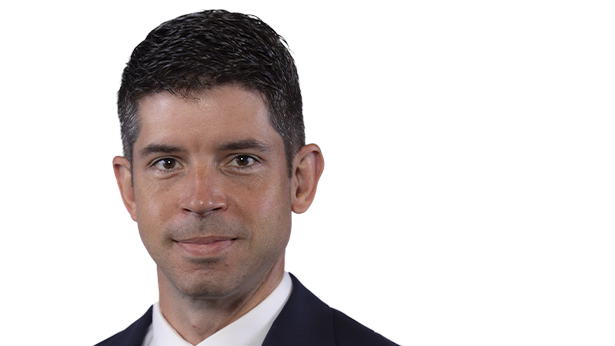Bond funds will tend to experience smaller fluctuations in value than stock funds. However, investors in any bond fund should anticipate fluctuations in price, especially for longer-term issues and in environments of rising interest rates.
The Fund’s investment strategy could cause the fund to sell or avoid securities that may subsequently perform well, and the application of ESG and/or faith-based screens may cause the fund to lag the performance of its index.
Gross domestic product (GDP) is the total monetary or market value of all the finished goods and services produced within a country’s borders in a specific time period.
The price-to-earnings (P/E) ratio is a stock valuation metric that compares a company's share price to its earnings per share (EPS).
The Bloomberg U.S. Aggregate Index is an index of widely held fixed-income securities often used as a proxy for the bond market. It is comprised of the U.S. Treasury and U.S. agency bonds, mortgage-backed bonds, and higher-grade corporate bonds. Indexes are unmanaged, do not incur fees, and it is not possible to invest directly in an index.
The S&P 500 is a market-capitalization-weighted index of the 500 largest U.S. publicly traded companies.
The Russell 3000 is a market index that measures the performance of the top 3,000 U.S. publicly traded companies as ranked by market capitalization. The index is maintained by FTSE Russell.
You cannot invest directly into an index.



